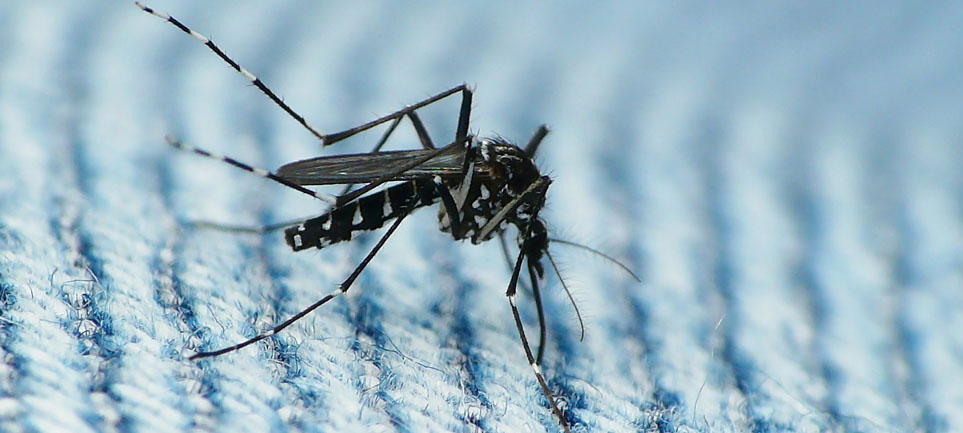
Data sourced from CDC databases shows trends of COVID-19 and Influenza hospitalization rates.
Rhian Tramontana|Marlin Chronicle
The graduating class of 2024 was the first to enter the university under COVID-19 restrictions. Now, four years later, the COVID-19 pandemic still has lasting effects on the world and the education of university students.
However, the world has adapted. The Washington Post reported on Feb. 13, 2024, that the Centers for Disease Control and Prevention (CDC) is planning on removing the five-day quarantine period for those who test positive for COVID-19. The article reported, “people would no longer need to stay home if they have been fever-free for at least 24 hours without the aid of medication and their symptoms are mild and improving.”
CDC data shows that COVID-19 now follows general trends of influenza in terms of hospitalization rate. However, COVID-19 rates for the 2023-24 flu season have been significantly greater than flu rates.
The change in isolation rules is starkly different from when current seniors entered in Fall 2020. Restrictions led to some classes being held asynchronously and students were required to wear masks and stay six feet apart.
“[COVID-19] definitely changed how I learned,” senior Ashleigh Lockard said. “Most of my first-year classes were online and I remember my econ teacher saying ‘I am making it open notes because I can’t tell if you cheat or not.’ It made classes seem easier than I was expecting.”
Senior Franklin Washington felt the effects of COVID-19 through personal interactions. “It was very difficult for them to meet friends to meet more people because we have to wear the masks, which hinder the sounds,” Washington said. “Then also being six feet away from people that made it more difficult with interactions with people.”
Washington spoke about how pandemic restrictions made the transition into college difficult for those who entered in Fall 2020. “Transferring into the first year of college experience is pretty difficult,” he said. “A lot of them felt depressed or mad or anger or sadness because they didn’t get the full senior year of high school experience.”
A study entitled “Two years COVID-19 pandemic: Development of university students’ mental health 2020–2022,” published in Frontiers, a psychiatry journal, performed a systematic review of 16 studies, all of which “reported more feelings of anxiety, depression, fatigue, and distress than before the pandemic.”
Lockard felt the stress from minimal personal interactions outside soccer. “My worst memories were feeling like I was trapped and couldn’t do anything, almost like jail,” Lockard said. “Campus always seemed so dead, we had to take our food to go from the caf, I felt very isolated most of the time.”
Students who violated pandemic regulations were subject to potential removal from campus. “I wasn’t really involved in anything my first year, but I just remember friends and teammates getting kicked off campus for hanging out in each other’s rooms,” Lockard said.


When Lockard entered VWU as a first-year (Left), students had to mask up in accordance with protocols. Four years later, Lockard experiences her senior year without these restrictions (Right).
Ashleigh Lockard|Courtesy
Despite the negative aspects, Lockard found positive perspectives to the pandemic through talking to hall mates. “With all the restrictions we had to be creative on how we could hang out,” Lockard said.
To avoid repercussions, Lockard and her friends enjoyed each other’s company from six feet apart. “We weren’t allowed to go into each other’s room, even though we lived in the same hall. Most of the time we would hang out in the doorway for each other’s rooms in the hall, play games, or just chill,” Lockard said.
Washington found a positive spin on the pandemic in that it gave him time to focus on classes and homework. “I felt like it has positively contributed to my academics because I was able to focus more on meetings, there were less distractions to focus more on the projects,” Washington said.
With the difficulties of the pandemic, seniors graduating this May have grown and succeeded in many aspects. “Us still being in school with all those difficulties and struggles and obstacles that we had to go through literally shows this generation’s strength,” Washington said.
As the CDC and university continue managing the aftermath of the pandemic, seniors graduating in May will move on and continue their life experience with the lessons from COVID-19.
By Rhian Tramontana
rjtramontana@vwu.edu
